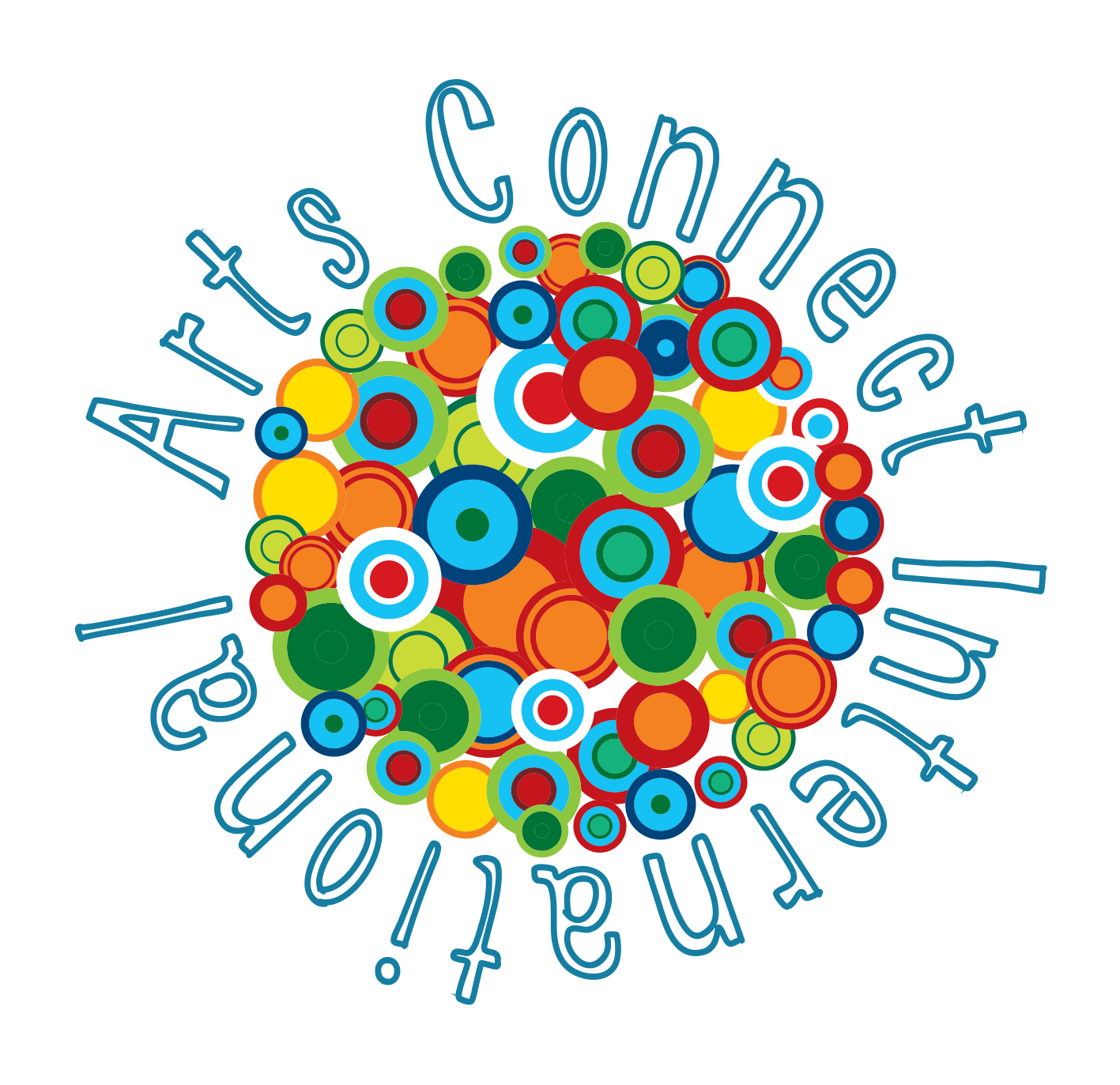ID: Deidra, a short-haired Black person with brown hair and glasses and a yellow-gold t-shirt, looks to the side contemplatively. Photo: Jeffrey Filiault.
Hello, dear ones,
I’m Deidra Montgomery (they/she), Arts Connect International’s Co-Director of Congruence.
Congruence lives at the forefront of mind and in my practices as an artist, consultant, facilitator, arts leader, coach, and human being. I strive to build my work, design my processes, and generally live my life in ways that align with my values—and to support others in their efforts to do the same. I’m grateful to continue this way of being through my work with Arts Connect International.
I love and identify deeply with the concept of congruence, having first learned of the concept as a lover of math. As a youngster, I learned that two figures are congruent if they have the same shape and size, regardless of orientation. They can be pivoted, shifted, or flipped images of one another and still be congruent. However, if the lengths of their sides or the degrees of their angles are different, then they are not congruent.
My current relationship with congruence isn’t quite as rigid as a relationship between geometric shapes but still remains true to the idea. Presently in my life, congruence is about agreement, harmony, compatibility, and alignment. It is about actions reflecting feelings and intentions. To bring back the mathematical analogy, if the first figure expresses values, priorities, feelings, and intentions, then in order to be congruent, the second figure (representing actions, behaviors, policies, etc.) must reflect those values, priorities, feelings, and intentions. Because I seek to avoid causing harm, I pursue behaviors that cause the least amount of harm. If I seek to be anti-racist, then my behaviors, actions, and policies need to support anti-racism.
It’s not always simple, and there isn’t always one correct answer, but it’s important to try. That’s why I leapt at the invitation to join the core team for the first run of the Cultural Equity Learning Community (CELC) in 2020. The CELC is an online learning community open to arts and culture leaders committed to building racial equity in the sector. The CELC includes a go-at-your-own pace two-unit course with complimentary wrap-around learning supports. With so many arts and cultural organizations proclaiming allegiance with Black Lives Matter and commitments to anti-racism in the wake of the murders of George Floyd and Breonna Taylor, the CELC provided an opportunity to reflect on what supporting intersectional racial justice would require of those organizations and the the people running and governing them: acknowledging and addressing privilege, oppression, and bias; confronting and changing unjust systems; acknowledging, using, and relinquishing power; continuously reflecting on and refining ways of being and doing; and more.
We are looking forward to welcoming new CELC cohorts beginning this summer. I am hopeful for the ways the CELC and ACI more broadly will continue to help arts leaders align their actions and those of their organizations to their values and increase equity—and congruence—in our field.
Until soon,
Deidra Montgomery
Co-Director of Congruence



